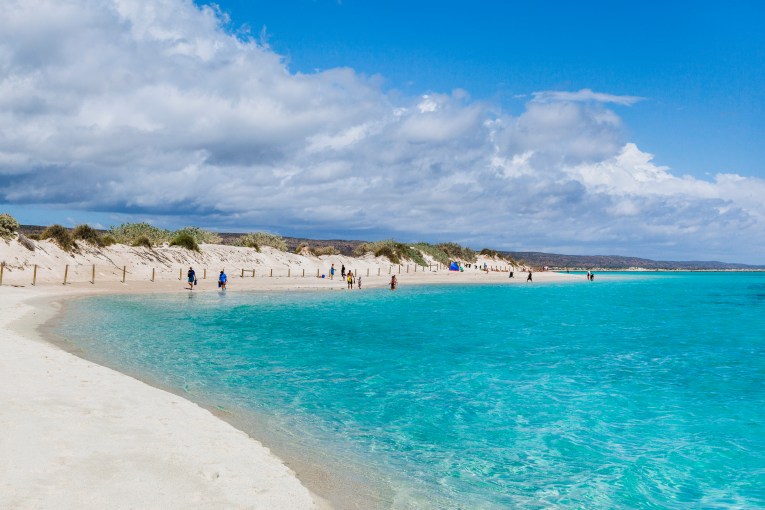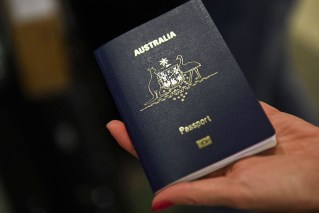Tourists planning to take advantage of Thailand’s recent changes to its drug laws have been warned the popular destination is not the next Amsterdam.
Thailand, once infamous for its strict laws relating to drug use and possession, decriminalised cannabis earlier this year.
But while Thai households can legally cultivate and sell the plant, the government stated its use should be strictly for “medical” use, with recreational use strongly prohibited.
The Dutch capital, Amsterdam, has been an alternative tourist destination for decades as visitors took advantage of the country’s drug laws.
The Netherlands became one of the first nations to relax its drug legislation, and cannabis has been available for recreational use in special ‘coffee shops’ since 1976.
This is not the case in Thailand, already an extremely popular destination for Australians, with more than 17,000 residents visiting the country in June alone.
The Thai government decriminalised cannabis in June, with all parts of the plant removed from the nation’s Category 5 narcotics list.
However, Thai Health Minister Anutin Charnvirakul has warned tourists hoping to ‘light up’ in Thailand for recreational enjoyment that they are not welcome.
“We don’t welcome those kinds of tourists,” he said.
In fact, people found smoking cannabis in public risk a three-month jail sentence or fines of up to 25,000 baht ($1000).
Jeremy Douglas, regional representative for Southeast Asia and the Pacific at the UN Office on Drugs and Crime, called on the Thai government to further clarify the laws.
“One way or another, policy clarity is needed,” he told TIME.
“It would be a shame if Thais or foreign tourists got caught on the wrong side of the law because of mixed messages or perceptions.”
Tourists are still prohibited from bringing cannabis into the country, as well as taking it home or to any neighbouring countries.
Long road to decriminalisation
In June, Thailand became the first country in Asia and the third in the world (after Uruguay and Canada) to decriminalise cannabis nationwide.
The move comes almost 90 years after the possession, cultivation, sale and use of cannabis was first criminalised in 1935.
The Thai government announced a significant change in 2018 when it legalised cannabis for medicinal purposes, saying the new laws were created with medical, economic and health objectives in mind.
Cannabis use for permitted purposes is limited to people aged 20 and above, unless they have written permission from a doctor.
Households are allowed to grow up to six plants, with a license required for additional plants.
Strangely, cafes and restaurants may also serve cannabis-infused food and drink, but only if the products contain less than 0.2 per cent THC – the plant’s main psychoactive compound.

Thais can grow cannabis, but are prohibited from smoking it. Photo: Getty
Along with the revised laws, 4200 inmates imprisoned for cannabis-related offences were freed by the government in June. Bangkok-based legal expert Nathan Feeney told SBS News that tourists should err on the side of caution.
“As long as I’ve been here, that’s the thing you don’t want to do. You don’t want to have a drug case in Thailand … I’ll say most foreigners, if they’re involved in a drug case in Thailand, it’s a cannabis charge,” he said.
Contradictory approach
Despite announcing that he didn’t want recreational users to come to the country, Mr Charnvirakul handed out a thousand cannabis plants to residents in the Buriram Province in June, with one million plants distributed to households across the country.
Mr Charnvirakul said he hoped Thailand would soon become a powerhouse for cannabis cultivation.
“We expect the value of [the cannabis] industry to easily exceed $2 billion dollars,” he said.
Mr Charnvirakul said Thailand was one of the best places in the world to grow cannabis plants.

Mr Charnvirakul presented free cannabis plant from the Thai government. Photo: Getty
“I think Thai people are excited and eager to be players – either as investors or product makers as well as consumers,” he said.
“With today’s technology and marketing strategies, Thailand will be second to none in being able to promote [cannabis] products in the global market.”









